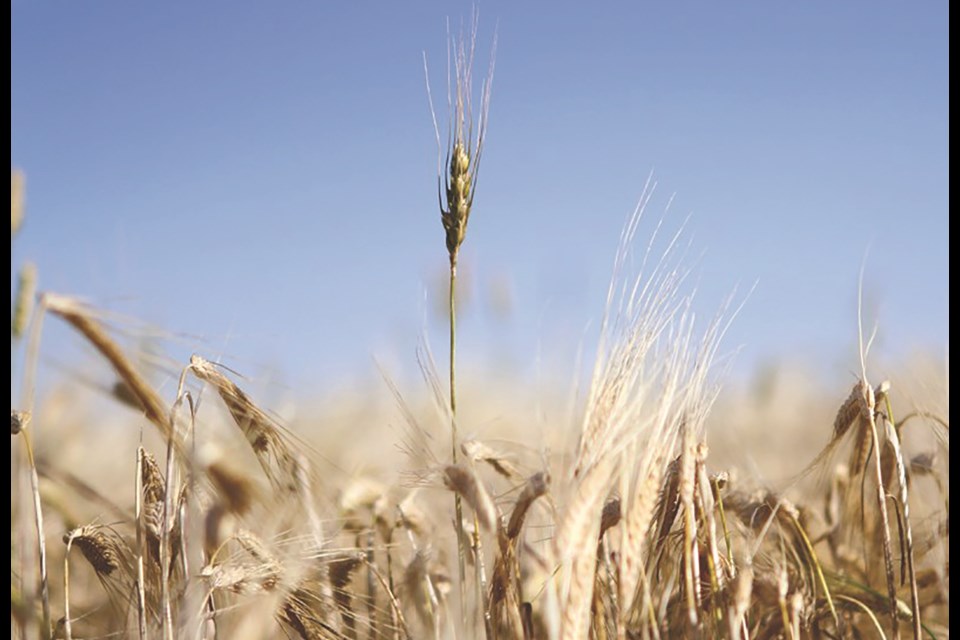Like other industries, farming operations in Rocky View County (RVC) are adapting to the “new normal” of life under the threat of COVID-19.
“I think everyone is adjusting to the situation, in terms of accessing services in the agriculture sector,” said Tom Steve, general manager of the Alberta Wheat and Barley Commissions. “For crop producers, whether they’re growing wheat, barley, canola or pulses – and they’re usually growing all of them – they’re getting ready to seed their 2020 crops, so they need inputs like fertilizer, seed and crop protection products.”
Fortunately, he said, farmers still have access to these.
“For the most part, those retail outlets are working normally, just with the proviso that human contact is limited,” Steve said. “But we’re assured that all those inputs needed to seed 2020 crop are in place.”
On March 27, agriculture was deemed an essential service by the Alberta government, which allows all aspects of farming operations to continue throughout the pandemic.
Steve said that designation reinforces how important crop producers are to the food value chain in Alberta.
“It just underlines the fact farmers are critical in feeding the population,” he said. “And the farmers that grow those crops are not just feeding Canadians, but customers around the world. We export probably 75 per cent of what we grow in Canada, so we’re feeding markets in Asia and many other parts of the world.”
Another win for the sector, according to Steve, is that international trade remains uninterrupted. While international travel is banned and the border between Canada and the United States is closed to most travellers, trade has not been affected.
“The majority of the crops grown in western Canada are going through the ports of Vancouver or Prince Rupert, or they’re moving south to the U.S.,” he said. “All of those channels are working very well at the moment. The concern would be if we have any interruption in service at port position, or any interruption in access to the U.S. market. We haven’t seen that, but that would be one of the red flags, if we did have an interruption in those services.”
One concern many crop producers in RVC might have, according to Steve, is the amount of unharvested crops from 2019. He said in some cases, particularly on operations west of Highway 2 between Calgary and Edmonton, more than 40 per cent of crops from last year may still be in the ground, due to adverse weather conditions.
“That’s a concern, because seeding the 2020 crop is only a month or six weeks away, and they still have crop that has to be dealt with from last year,” he said.
“The best remedy would be Mother Nature getting rid of the snow and then farmers would be able to deal with last year’s crops. They may have to harvest it or, if crop insurance is willing to write it off, they can dispose of it. That will be a big time crunch over the next number of weeks, getting those acres dealt with.”
COVID-19 UPDATE: Follow our COVID-19 special section for the latest local and national news on the coronavirus pandemic, as well as resources, FAQs and more.
Scott Strasser, AirdrieToday.com
Follow me on Twitter @scottstrasser19


